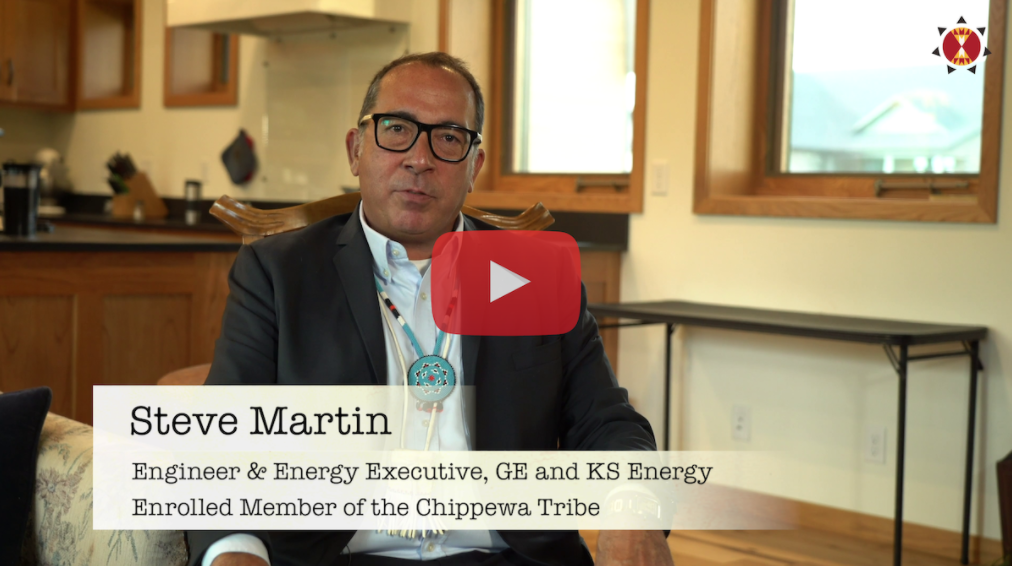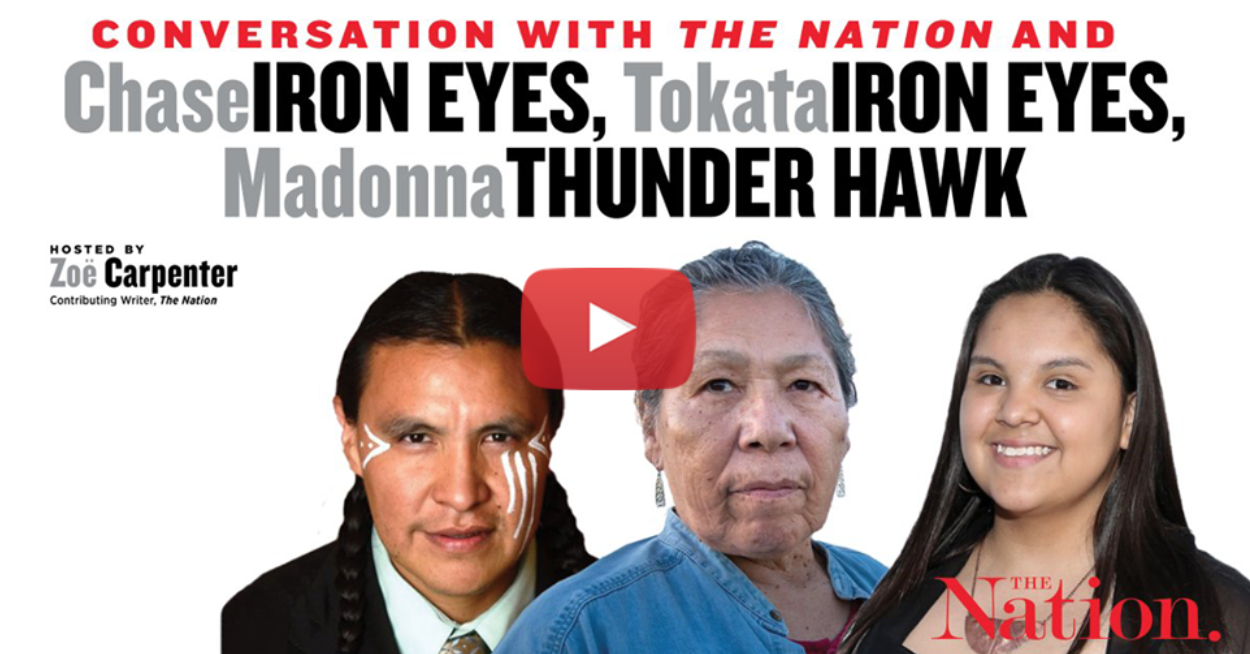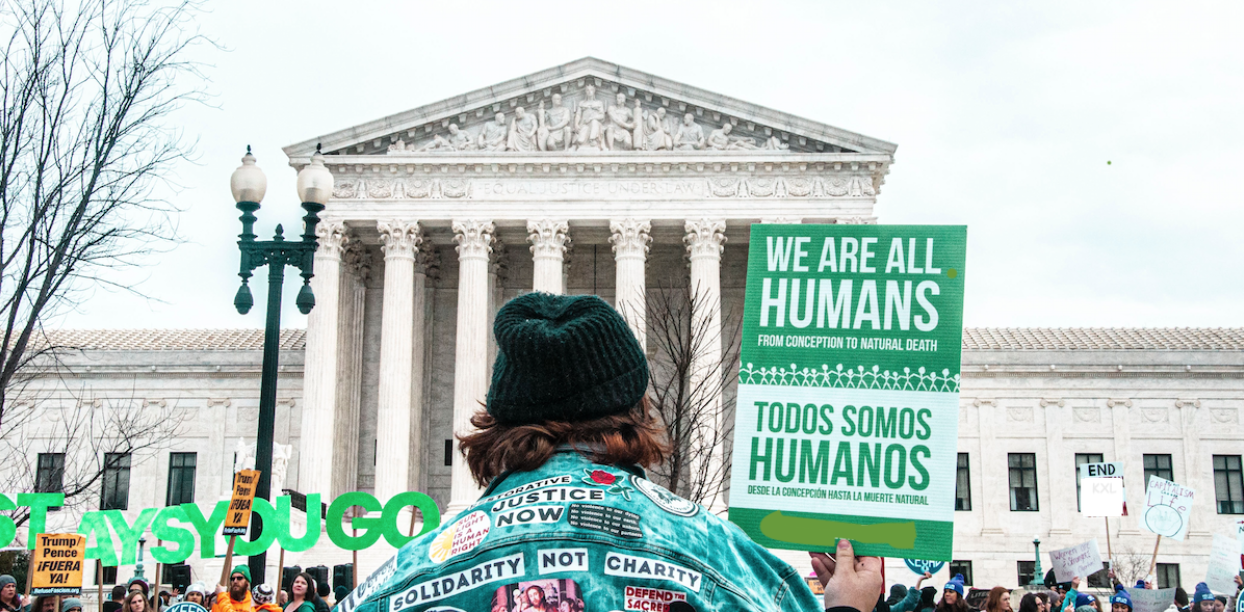‘Today, we celebrate; tomorrow our fight continues’

Dalton Walker
Dalton Walker
Indian Country Today
Shortly after the Washington NFL franchise announced it was finally dropping its racist name and logo after 87 years, advocates took to social media to say their work to rid Native mascot imagery wasn’t done.
Although Washington was often the main target for change, advocates have routinely rallied and marched against other sports teams with stereotypical names, logos and chants.
Now, that momentum aimed at team owner Dan Snyder and Washington all those years is shifting toward the Kansas City NFL franchise, the Chicago NHL franchise and professional baseball franchises in Cleveland and Atlanta, among others.
(Related article: Washington NFL team kicks R-word to the curb)
Amanda Blackhorse, Diné and longtime advocate for Native mascot imagery changes, said Monday that Kansas City, Chicago and Atlanta are next.
“We also must continue to call out other teams,” she said in a statement. “As well as numerous other high schools and junior high schools to change their names and racists traditions. Our work is not done.”
Others are speaking up as well, asking supporters for their thoughts on future steps.
“Today, we celebrate the elimination of this racial slur,” IllumiNative, a nonprofit aimed at increasing the visibility of Native people, tweeted Monday. “Tomorrow, our fight continues. Just one question, which is next?”
The tweet tagged the same three teams Blackhorse mentioned and added Cleveland.
IllumiNative Executive Director Crystal Echo Hawk, Pawnee, expanded it further to include sports teams at any level.
“We will not rest until the offensive use of Native imagery, logos and names are eradicated from professional, collegiate and K-12 sports. The time is now to stand in solidarity and declare that racism will not be tolerated,” Echo Hawk said in a statement Monday.
(Related article: Reactions to the Washington team name retirement)
Even as the Black Lives Matter movement has brought much-needed awareness about racial injustices across the nation, including a window that forced Snyder to change the team’s name, the work continues for many in Indian Country.
On July 3, the same day Snyder announced his franchise would undergo a “thorough review of the team’s name,” the Cleveland baseball team issued a statement saying it was looking for the “best path forward with regard to our team name.” The team only recently removed the controversial Chief Wahoo logo from uniforms and its home baseball field. It kept the name.
(Related article: Mascots honor and Indian who never was)
Meanwhile, the Atlanta baseball team told season-ticket holders in an email Monday that a name change “is not under consideration or deemed necessary.” The team did acknowledge the impact of its tomahawk chop chant and said it has formed a “Native American working group” that includes tribal leaders.
“As it relates to the fan experience, including the chop, it is one of the many issues that we are working through with the advisory group.”
Dropping the chop is possible, as one Native baseball player’s voice proved in 2019.
In October, the team said it reduced the chant in a playoff game with the St. Louis Cardinals after Cardinals pitcher Ryan Helsley, Cherokee, said it was disrespectful. The team said it did not distribute foam tomahawks to each seat or play the accompanying music or use chop-related graphics when Helsley was in the game.
The chop doesn’t end with baseball. It made its way to the Super Bowl in February with Kansas City competing in the NFL’s most popular game. The team has capitalized on stereotypical Native imagery and gestures for years and plays in a venue called Arrowhead Stadium.
The Kansas City NFL franchise has been quiet as other teams with stereotypical mascot imagery have at least issued statements or publicly communicated with fans.
A sports website that covers the football team recently listed potential mascot replacements. The top name replacement was Monarchs, after the 1920 Kansas City baseball team in the Negro Leagues. Another name mentioned, which perhaps makes the most sense, is the Wolves. The football team already has a wolf mascot called KC Wolf, which has been around since 1989.
(Related story: Never say NEVER about social change)
The Chicago hockey team is named after Black Hawk, a historic leader of the Sac and Fox Nation. The team has no plans to change its name or logo.
“We recognize there is a fine line between respect and disrespect, and we commend other teams for their willingness to engage in that conversation,” the team told the Chicago Tribune in a statement last week. “Moving forward, we are committed to raising the bar even higher to expand awareness of Black Hawk and the important contributions of all Native American people.”
A Canadian Football League team in Alberta is reviewing its controversial mascot and said in a statement that it will have an update at the end of July. “We will be seeking further input from the Inuit, our partners and other stakeholders to inform our decision moving forward,” a statement on the Edmonton football team’s website said.
Retired NHL player Jordin Tootoo, Inuk, said many people have asked for his opinion, and he does not object to the team’s name.
“This does not mean they should keep the name,” he said in a July 8 statement. “But, I think the discussion should be around how the Inuk people feel about it. Some might feel pride. Some might feel hurt. Either way, that is the group that should be consulted.”
At least one professional sports team has moved on from its insensitive logo and has little to no history on its websites of logos or mascots of days past. The Philadelphia Warriors used a stereotypical Native character for years starting when the team formed in the 1940s. It moved to San Francisco in the 1960s and dumped the logo a few years later and changed to the Golden State Warriors. Today, the team is one of the most popular NBA franchises in the league and displays an image of the Golden Gate Bridge.
The Native American Journalists Association has been calling for the end of racialized mascots in the media for years.
Once news broke that the Washington name change was coming, headlines on CNN, The New York Times, ESPN, CBS Sports and Washington Post, among others, displayed the R-word.
On June 23, NAJA issued a statement, joined by the National Association of Black Journalists, National Association of Hispanic Journalists, Asian American Journalists Association and the Society of Professional Journalists, calling for immediate discontinuance of race-based sports mascots in media.
“This discontinuance should include clear policy development and implementation that clarifies the harm they cause and the practical editorial methods to avoid their use on all platforms,” the statement read.
“The continued portrayal of racialized mascots in news media directly violates fundamental tenets of professional journalism. The Society of Professional Journalists Code of Ethics makes clear that journalists should act to minimize harm.”

Dalton Walker, Red Lake Anishinaabe, is a national correspondent at Indian Country Today. Follow him on Twitter – @daltonwalker
















